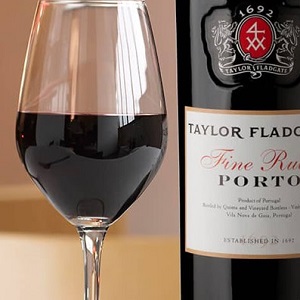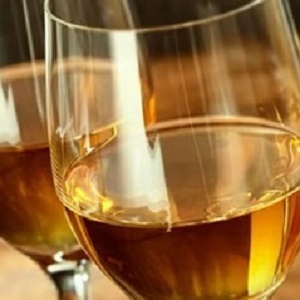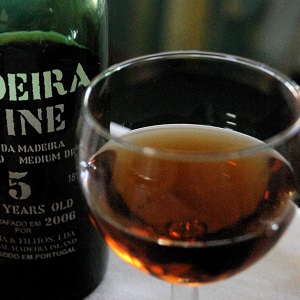Fortification Basics
Each style of fortified wine (Sherry, Port, and Madeira) has unique flavors and characteristics influenced by the aging process (oxidative, biological, or reductive) and the grape varieties used.
While Sherries vary from bone-dry to syrupy sweet, Ports range from youthful and fruit-forward to rich and complex with oxidative notes, and Madeiras showcase a spectrum of styles, all benefiting from high acidity and a unique aging process that promotes remarkable longevity.

Port Wine

Sherry

Madeira
Fortification Basics
What is Fortification?
Know the process of fortifying wine, which involves adding a distilled spirit (usually brandy) to the wine to increase its alcohol content.-
Types of Fortified Wines
Be familiar with common types such as Sherry, Port, Madeira, Muscat and Vermouth.
Characteristics
Alcohol Content
Fortified wines typically have a higher alcohol content (15-20%) compared to table wines.Flavor Profiles
Recognize the typical flavor characteristics of each type of fortified wine. For example, Sherry can range from dry and nutty to sweet and rich, while Port is often sweet and full-bodied.Aging Process
Understand the aging methods used for different fortified wines, such as solera system for Sherry and the impact of oxidation.
Production Regions
Key Regions
Know the main regions where fortified wines are produced. For instance, Sherry from Jerez in Spain, Port from the Douro Valley in Portugal, and Madeira from the island of Madeira.
Styles and Classifications
Sherry
Familiarize yourself with the different styles of Sherry such as Fino, Manzanilla, Amontillado, Oloroso, and Pedro Ximénez.Port
Learn about the various styles of Port including Ruby, Tawny, Vintage, and Late Bottled Vintage (LBV).Madeira
Understand the styles of Madeira like Sercial, Verdelho, Bual, and Malmsey, based on their sweetness levels.
Tasting Notes
Practice describing the appearance, nose, and palate of fortified wines. Use specific wine tasting vocabulary to describe the colors, aromas, and flavors.
Food Pairing
Be prepared to suggest suitable food pairings for different styles of fortified wines. For instance, pairing a sweet Port with chocolate desserts or a dry Fino Sherry with salty tapas.